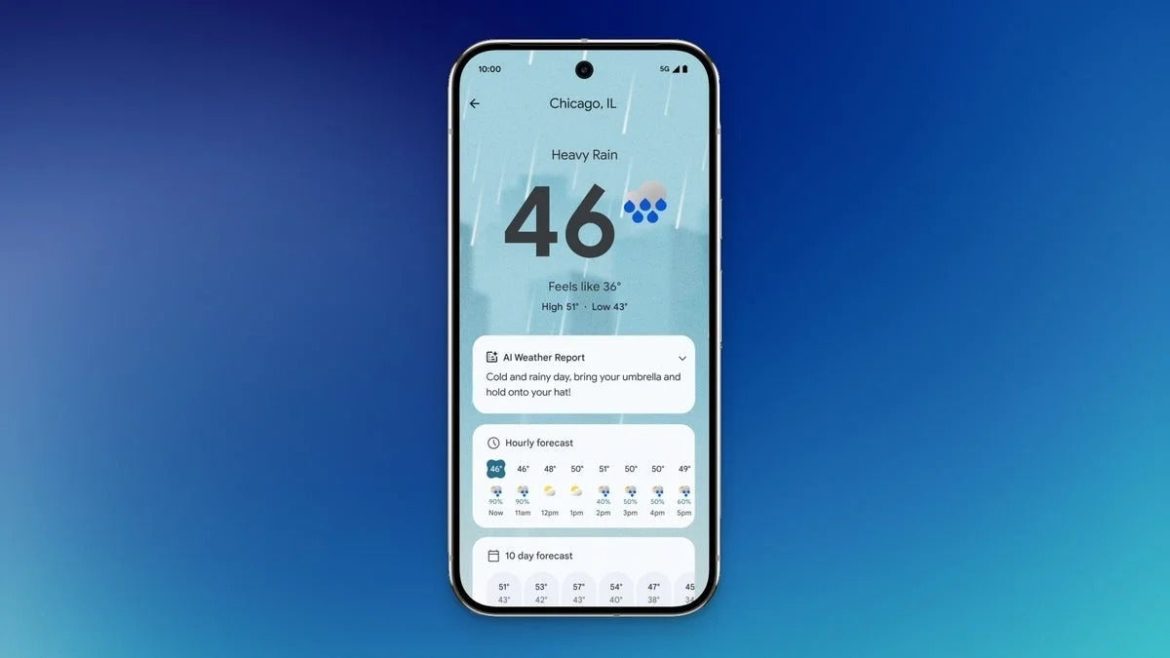The weather forecasts you currently see on various apps, including Google’s own, are generated by simulating atmospheric physics on supercomputers. This whole process takes several hours to produce accurate results.
Google also confirms that the new AI model can predict 99.9% of key variables, such as rain, wind, and more factors that affect an area’s overall weather more accurately. Unlike the current model, which provides reliable forecasts for up to 10 days, WeatherNext2 can predict weather conditions up to 15 days in advance.

Google’s product manager explains WeatherNext2. | Video by Google Deepmind
How did Google achieve this breakthrough?
In WeatherNext2, Google has introduced a new strategy called the Functional Generative Network (FGN), which generates hundreds of potential outcomes in a single step. This approach also improves short-term weather predictions and helps anticipate sudden weather changes such as rain or heat waves.
Finally, some real use of AI
AI has gradually become a part of my life. From helping me fix grammar and creating fun images to using the AI-powered Camera Coach feature on my Pixel 10 for stunning photos, I’ve been using AI a lot lately.
That said, I really want the new AI forecasting tool to improve Gemini’s weather reports, which currently give only a brief overview of upcoming conditions. For instance, Gemini might only say that it’s going to snow tomorrow instead of providing more details about its intensity. This should definitely change with the new model.
#Googles #model #solves #real #problem #heres #excited
